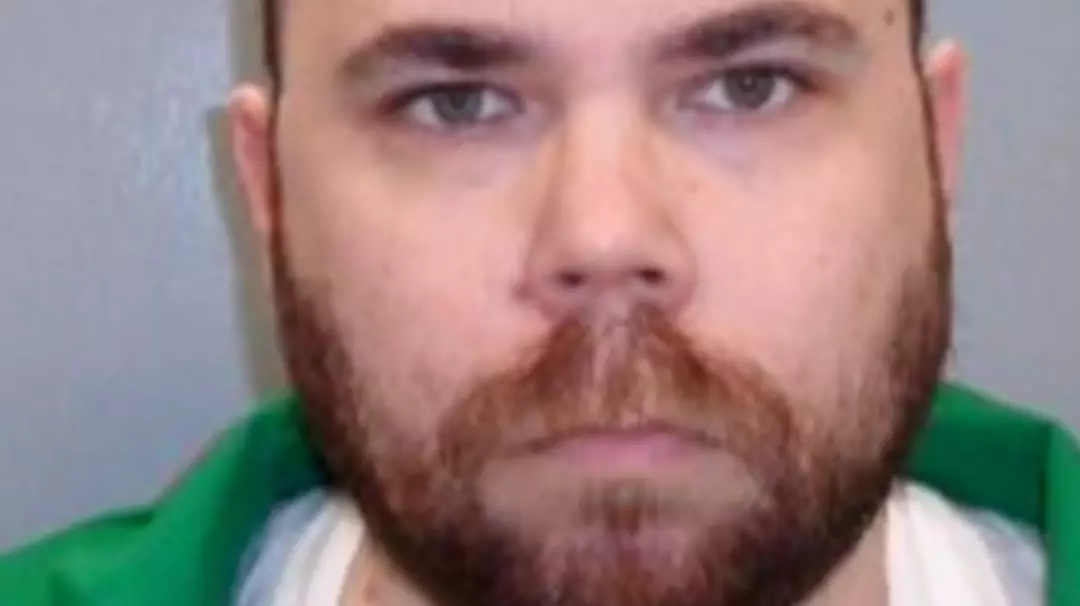A death row inmate, Stephen Bryant, was executed yesterday through a seldom-used and harsh method, over two decades after he committed a series of gruesome murders.
Bryant was responsible for the deaths of three individuals—Willard Tietjen, 62, Clifton Gainey, 36, and Christopher Burgess, 35—over the span of five days in South Carolina in 2004. He admitted guilt to the triple murder charges in 2008.
Following his conviction, Bryant was sentenced to death and spent 17 years on death row.
The South Carolina Supreme Court allowed Bryant’s execution to proceed on November 14 without intervention.
In the investigation, it was revealed that Bryant had subjected Tietjen to torture by burning his eyes with cigarettes and left a taunting message in blood for law enforcement on a wall at the crime scene.
South Carolina provides death row inmates with a choice between three execution methods: lethal injection, the electric chair, and a firing squad.
Bryant selected the firing squad as his means of execution, becoming the third person in the U.S. to do so after a 15-year hiatus.
The execution was conducted by three prison staff volunteers, each using a live round.
Reports indicate that Bryant declined to make a final statement before being hooded.
The Associated Press noted that a red target was placed over Bryant’s heart, and he remained silent as it fell. He displayed shallow breathing followed by a last spasm shortly after. A doctor declared Bryant deceased at 6:05 p.m.
State attorneys stated: “The character of the defendant and the circumstances of the crimes weigh in favor of the harshest punishment.”
Bo King, a lawyer who specializes in death penalty cases in South Carolina, contended that Bryant suffered from a genetic disorder and had endured physical and sexual abuse in his childhood.
King emphasized that Bryant’s mother’s alcohol consumption during pregnancy led to irreversible damage to his body and brain, and claimed the sentencing judge could not consider this brain damage.
After Bryant’s execution, King remarked: “Tonight, South Carolina gave Mr Bryant his final wounds in a lifetime of suffering.
“Mr Bryant’s impairments left him unable to endure the tormenting memories of his childhood.
“When these traumas pushed him to mental collapse, he pleaded for professional help. He was refused care by our broken mental health system because he could not afford the fee of $75.”
King conveyed Bryant’s hope that others would not suffer similar rejection.

